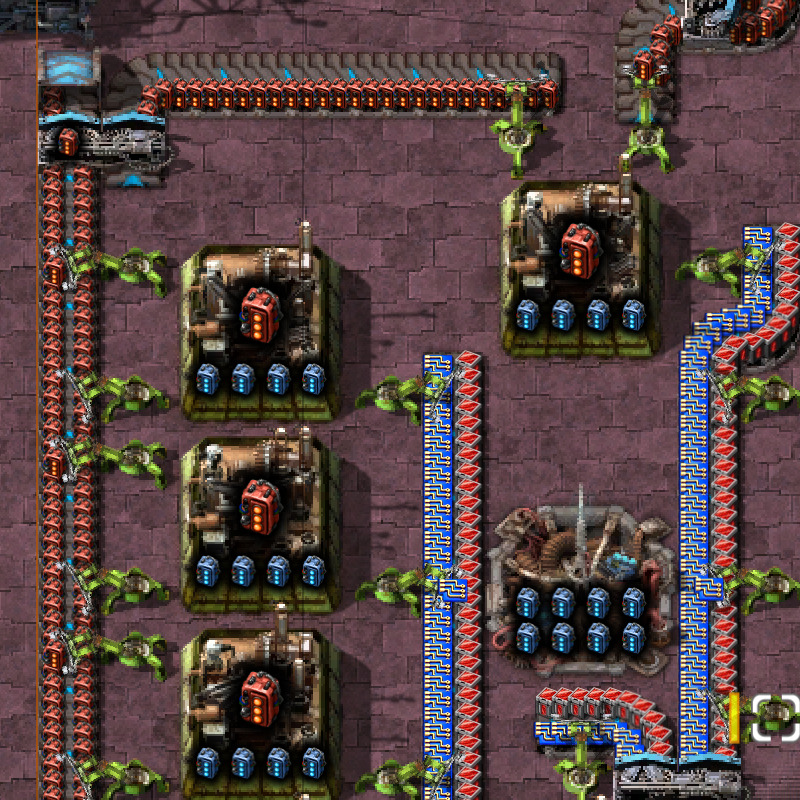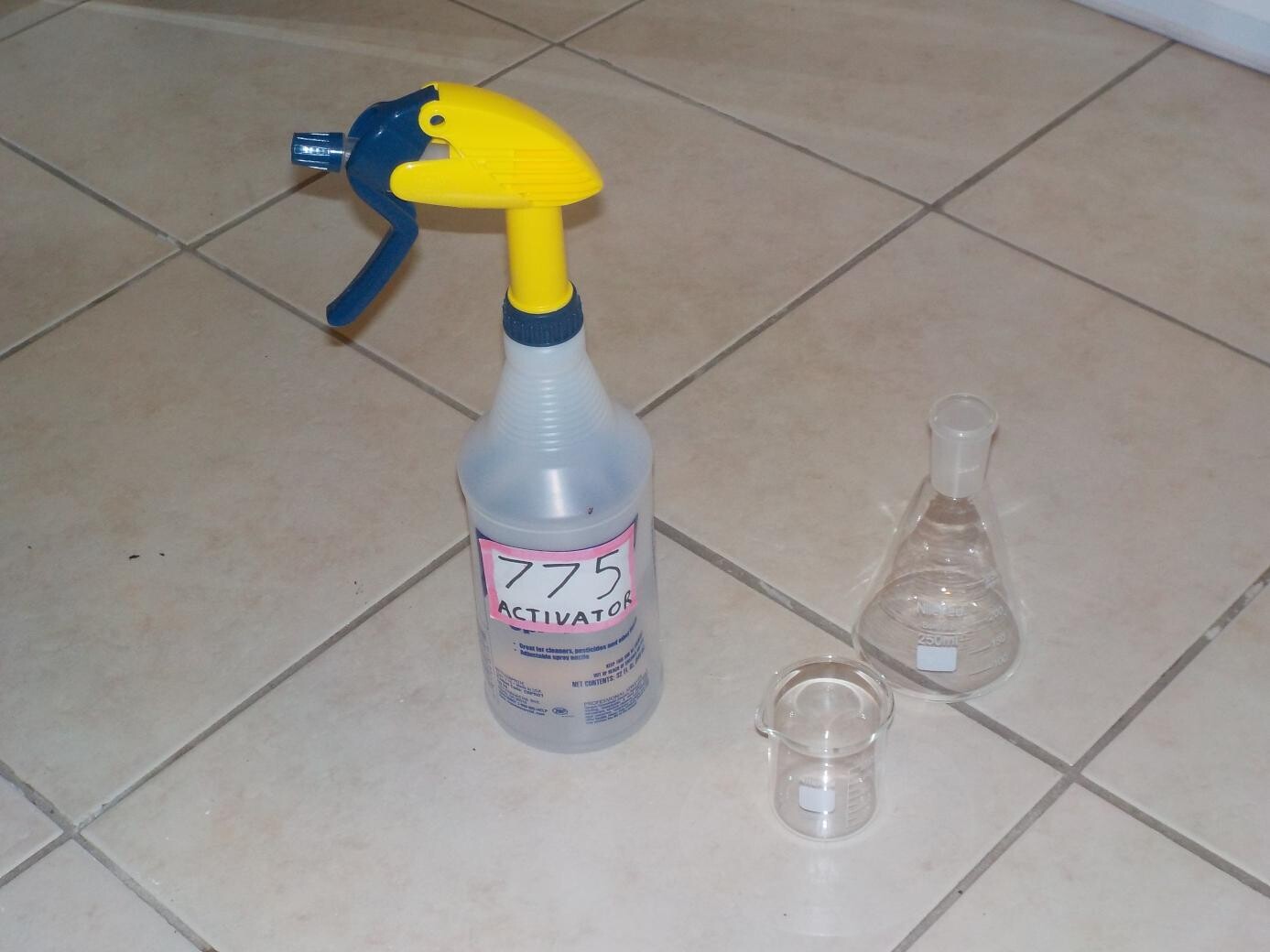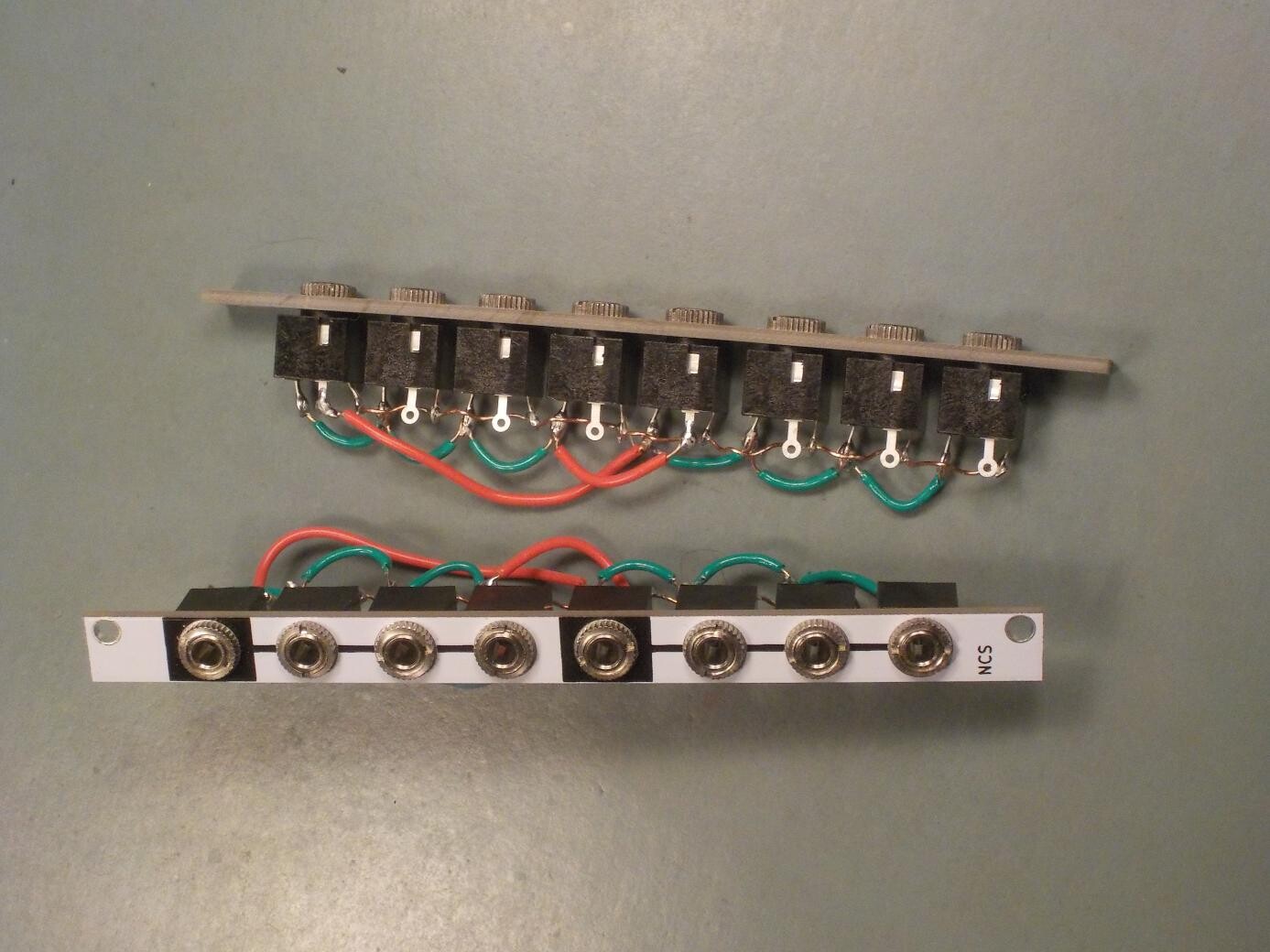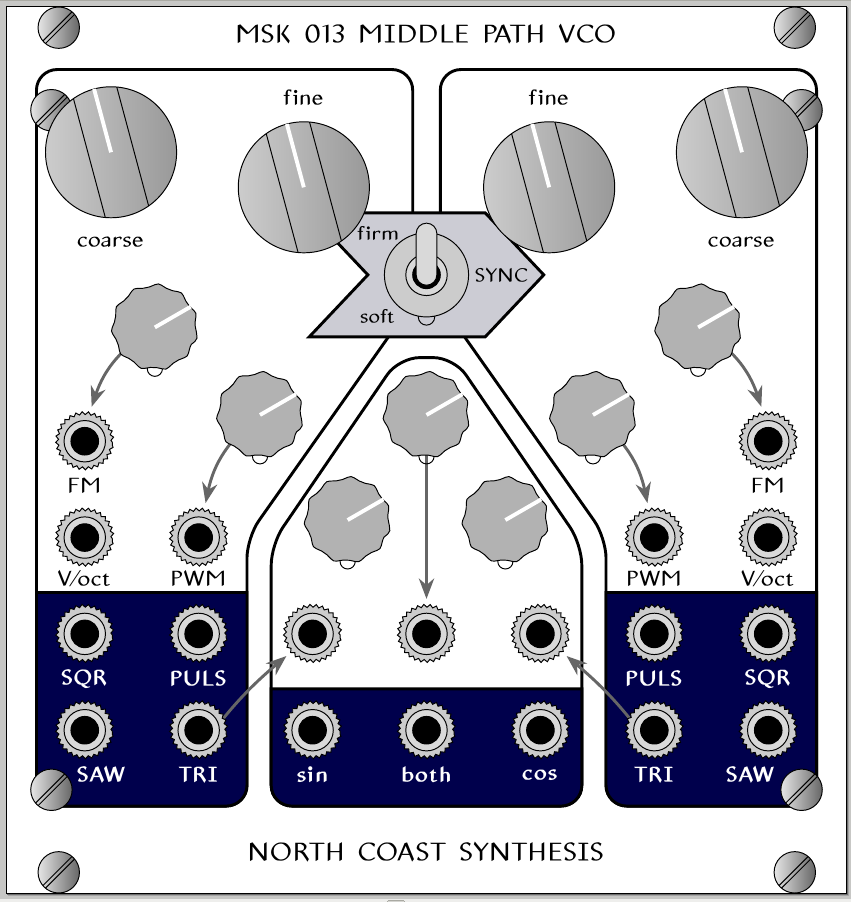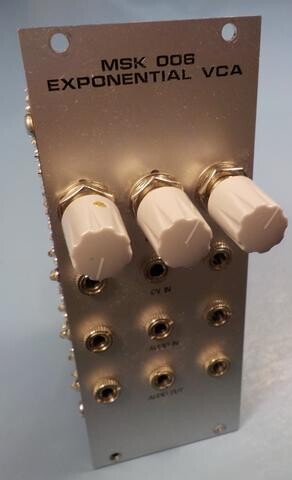tag "panels"
Build your own commercial module part 4: manufacturing
I've written a lot about module design because from my point of view, that's the fun part. It's tempting to sit down with pen and paper, draw some schematics and sketches, maybe even build out some of those circuits on the breadboard, and then think you're close to having completed your very own commercial modules. If you have a workable design, then in one sense, you are close to being "finished." But in another important sense, it means you're just ready to start doing the real work: because with a finished design, then you still face the question of how to produce modules to that design in commercial quantities, and get people to pay you for those modules. READ MORE
Build your own commercial module part 1: the design concept
There's a pretty natural progression in the modular synthesizer hobby (the addiction, if you prefer). People start out buying commercial modules; maybe they go through a few rounds of selling off modules that they find just aren't quite right; eventually, they come to the idea of wanting to build their own modules with exactly the features they want; and although doing DIY just for oneself is a viable hobby too, many hobbyists want to take the next step, of going pro and building and selling their own commercial modules. READ MORE
Marbled and hydrographic panel gallery
As described in an earlier posting a month ago, I've been experimenting with painting and printing on a batch of defective Eurorack module front panels, trying to both salvage them into something usable and develop some techniques that will be useful in my future products. Here are some photos of my progress on marble painting and hydrographic dipping. READ MORE
Panel painting photo gallery
Last year the contractors who make panels for my products had an issue with some newly-installed equipment and they shipped me a batch of panels with the wrong colours. Here's a comparison of a good panel (left) with one from the bad batch (right). READ MORE
Passive multiples and friends
Passive multiples are often recommended as first synthesizer do-it-yourself projects. There are a few reasons for that: they're simple modules without too many things that can go wrong; they're useful modules that almost everybody needs; the parts don't cost a whole lot; and they're an opportunity to practice soldering. READ MORE
Middle Path VCO development gallery
In the last several weeks I've been working on development for my next product, which I'm ready to announce will be called the MSK 013 Middle Path VCO. It's planned to be a "complex" VCO design with two independent triangle cores that can be synced, and a special waveshaping section based on the Barrie Gilbert sine shaper modified to produce quadrature output; that makes it capable of some through-zero phase modulation effects even though the cores themselves are not through-zero. I've been posting pictures from my development process in other places, and this posting gathers some of those together. READ MORE
Green modular, part 3: More metal
The RoHS "big three" metals I talked about last time occupy a lot of attention of synthesizer manufacturers because we have specific legal obligations we must meet regarding those metals; but many other metals are also used in building synths, and are also relevant to the environmental footprint of making and owning a synth. Let's look at some more of those. READ MORE
Reality check: HP
Modular hobbyists love to invent fantasy modules. We'll sit down and sketch out just exactly the modules we wish we had in our racks, and then either show the mock-up images to their friends and leave it at that, or take it a little more seriously and try to actually build and sell our dream modules. All good clean fun. READ MORE
